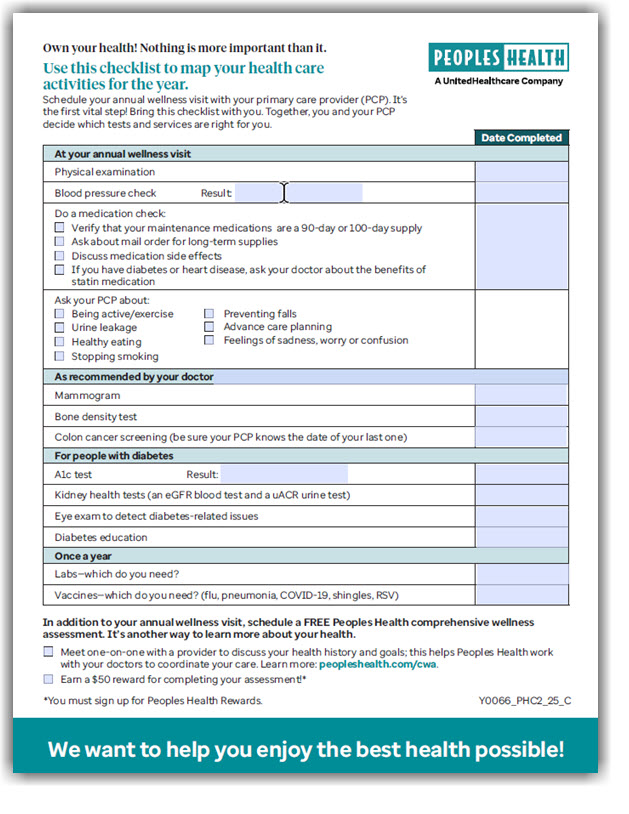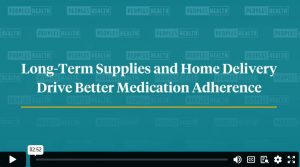Once patients are noncompliant for the following measures, they cannot be made compliant for the rest of the year:
- Concurrent Use of Opioids and Benzodiazepines (COB)
- Polypharmacy: Use of Multiple Anticholinergic Medications in Older Adults (Poly-ACH)
Consider these best practices to reduce risk and improve compliance:
- Prescribe covered alternatives if clinically appropriate.
- Limit refills and auto-refills to allow for interventions to assess the appropriateness of continued therapy.
- Limit dosages and durations to the minimum possible while achieving the desired clinical effect.
- For COB: Check the Louisiana Prescription Monitoring Program to verify that patients are not being prescribed controlled substances by other providers.
- For Poly-ACH:
- Identify patients prescribed two or more ACH medications.
- Regularly re-evaluate the efficacy and risks of ACH medications, especially for treatment periods longer than three months because of the potential for irreversible cognitive effects.
- When prescribing to older adults, prioritize medications with fewer ACH effects and high effectiveness at the target site.
Read more about the measures: New CMS Star Measures Targeting High-Risk Medication Combinations.














